Columbia University Reaches $221 Million Settlement with Trump Administration

Columbia University has agreed to a $221 million settlement with the Trump administration, resolving claims of antisemitism on campus and alleged civil rights violations against Jewish employees. The agreement, finalized on Wednesday, July 23, 2025, includes a $200 million payment to the government over three years and an additional $21 million to the Equal Employment Opportunity Commission (EEOC).
Terms of the Settlement: Funding Reinstated, Reforms Implemented
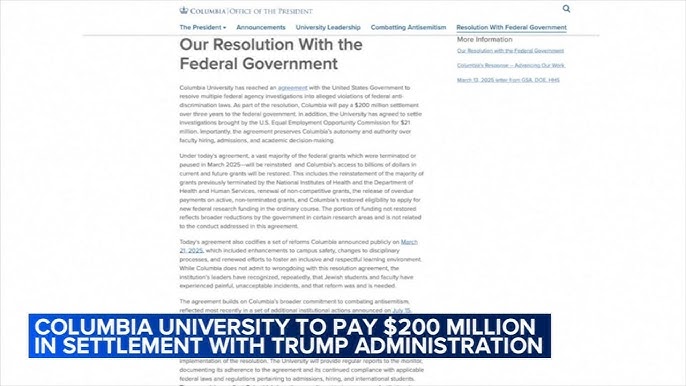
In exchange for the settlement, the “vast majority” of Columbia's frozen $400 million in federal funding will be reinstated. The university will also regain access to billions of dollars in current and future grants. As part of the agreement, Columbia has committed to implementing several reforms aimed at addressing concerns raised by the Trump administration.
Key Reforms Mandated by the Settlement

The reforms Columbia University has agreed to include:
- Verifying that the institution ends programs promoting "unlawful efforts to achieve race-based outcomes, quotas [and] diversity targets."
- Reviewing its Middle East curriculum to ensure it is "comprehensive and balanced."
- Appointing new faculty staff to its Institute for Israel and Jewish Studies.
- Establishing Bart Schwartz of Guidepost Solutions as an independent monitor to report to the government every six months on the university's progress.
- Compiling a report for the monitor to ensure programs "do not promote unlawful DEI [diversity, equity, and inclusion] goals."
- Formalizing already-announced reforms, including hiring additional public safety personnel, changing disciplinary processes, and fostering an "inclusive and respectful learning environment."
Context: Campus Protests and Allegations of Antisemitism
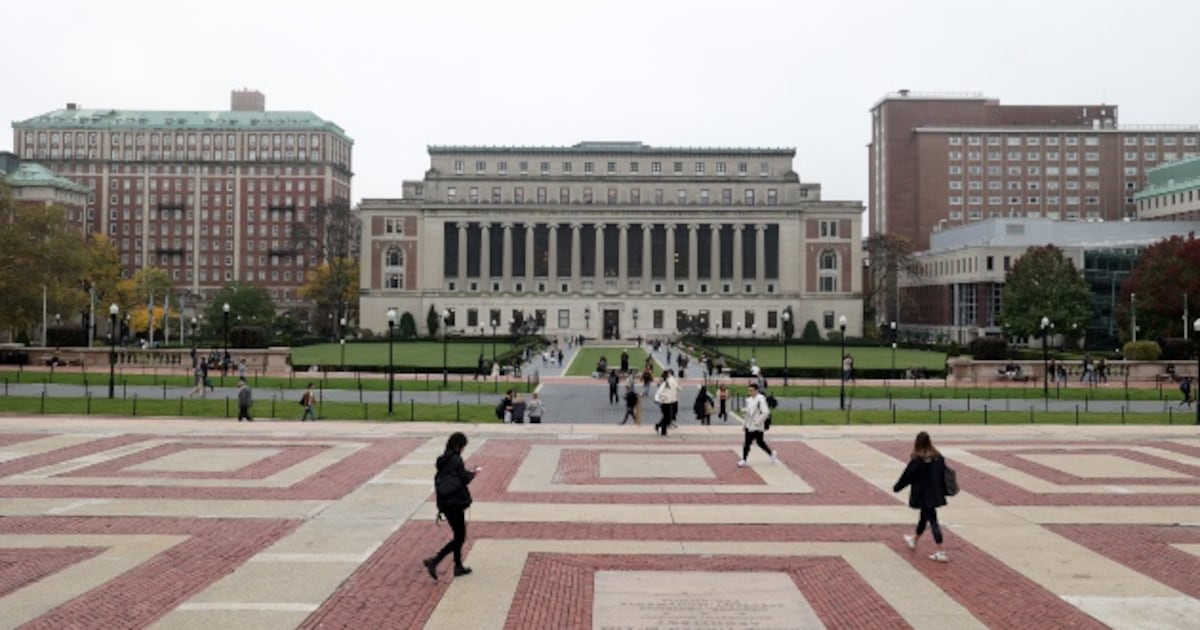
The settlement follows claims by the Trump administration that Columbia failed to curb antisemitism on campus. This dispute arose after widespread university campus protests against Israel's war in Gaza in 2024 and 2025. These protests were criticized by some as veering into antisemitism, leading to increased scrutiny of the university's handling of the situation.
Official Statements: Columbia, Trump, and the Department of Education

Columbia University stated that the agreement formalizes reforms to address harassment of Jewish students and staff. The university added that the agreement was "carefully crafted to protect the values that define us and allow our essential research partnership with the federal government to get back on track."
President Donald Trump hailed the settlement as "historic" on his Truth Social platform, noting Columbia had "committed to ending their ridiculous DEI policies, admitting students based ONLY on MERIT, and protecting the Civil Liberties of their students on campus." He also warned that "Numerous other Higher Education Institutions... are upcoming."
Education Secretary Linda McMahon called the deal "a seismic shift in our nation's fight to hold institutions that accept American taxpayer dollars accountable for antisemitic discrimination and harassment," stating that "Columbia's reforms are a roadmap for elite universities."
Student Activist Response: Criticism and Accusations
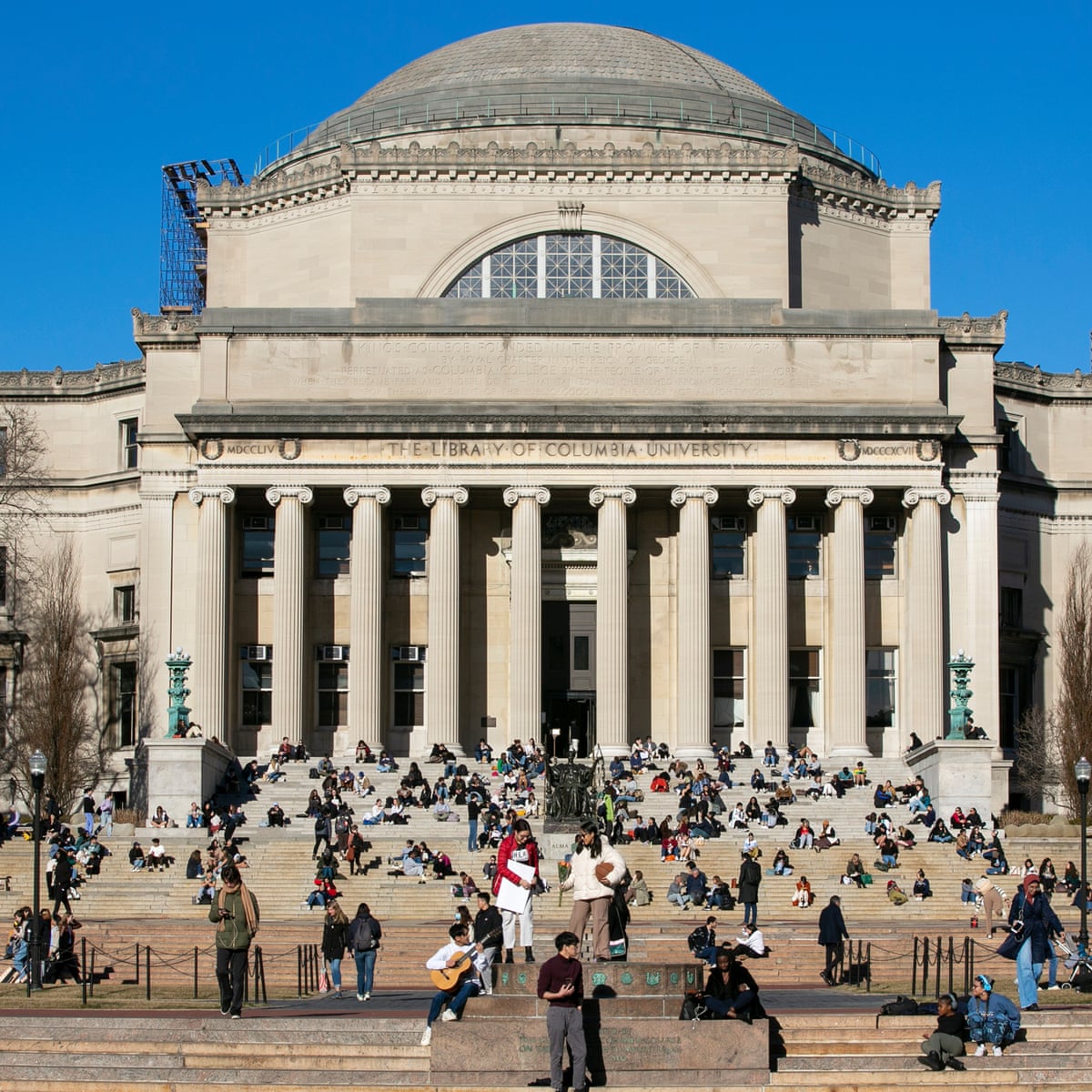
Student activist group Columbia University Apartheid Divest (CUAD) criticized the settlement as "a bribe" and accused Columbia of "selling your students out just so you can pay Trump $221 million dollars and keep funding genocide." The group also stated that disciplinary actions against students, including suspensions and expulsions, "hugely" exceeded the precedent for non-Palestine-related demonstrations.
The Core Controversy: Balancing Free Speech and Addressing Antisemitism
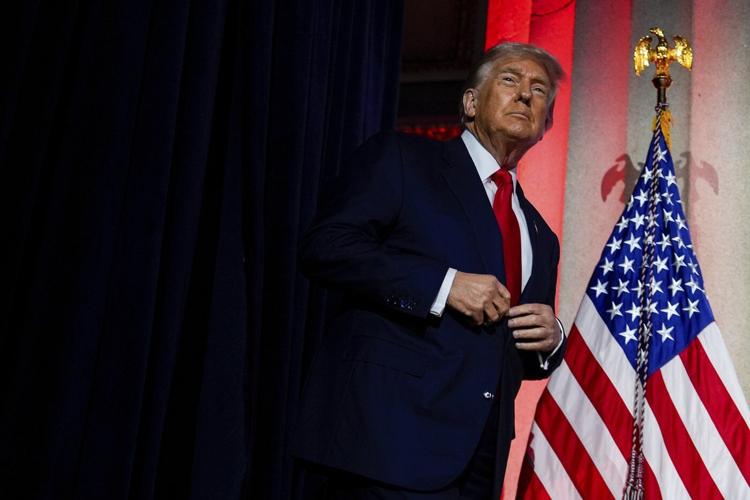
The dispute highlights the ongoing tension between addressing claims of antisemitism on campus and protecting free speech, especially in the context of pro-Palestinian protests. Some Jewish students and faculty reported harassment, while pro-Palestinian advocates argued that criticism of Israel was wrongly conflated with antisemitism. The university navigated a complex situation with high stakes for all parties involved.
Independent Monitor Appointed to Oversee Reforms

As part of the settlement, Bart Schwartz of Guidepost Solutions will serve as an independent monitor. He will report to the government every six months on the university's progress in implementing the agreed-upon reforms. This oversight ensures accountability and provides a mechanism for the government to assess Columbia's compliance with the terms of the settlement.
Impact on Federal Funding and Research Partnerships
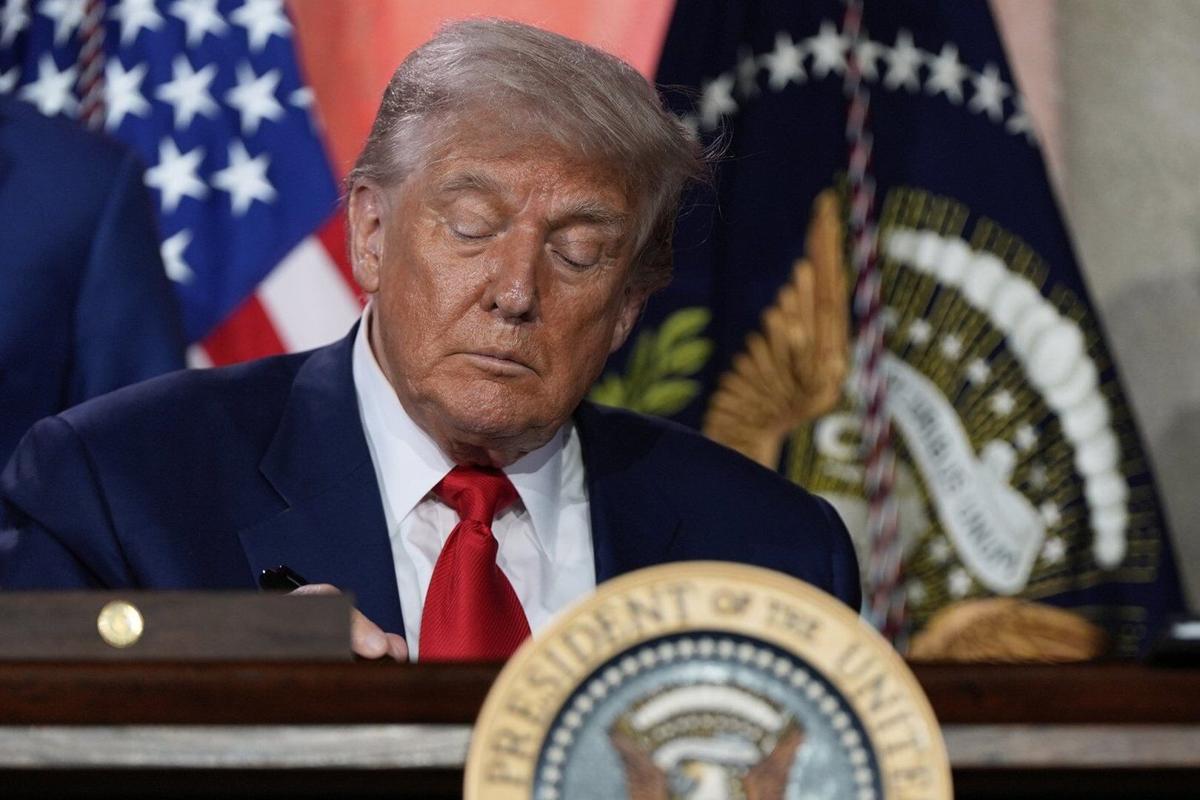
The settlement is crucial for Columbia University, as it allows the institution to regain access to significant federal funding and maintain its essential research partnerships with the government. The reinstatement of the frozen $400 million and the resumption of grant eligibility are vital for the university's financial stability and research capabilities. The agreement was finalized on Wednesday, July 23, 2025.